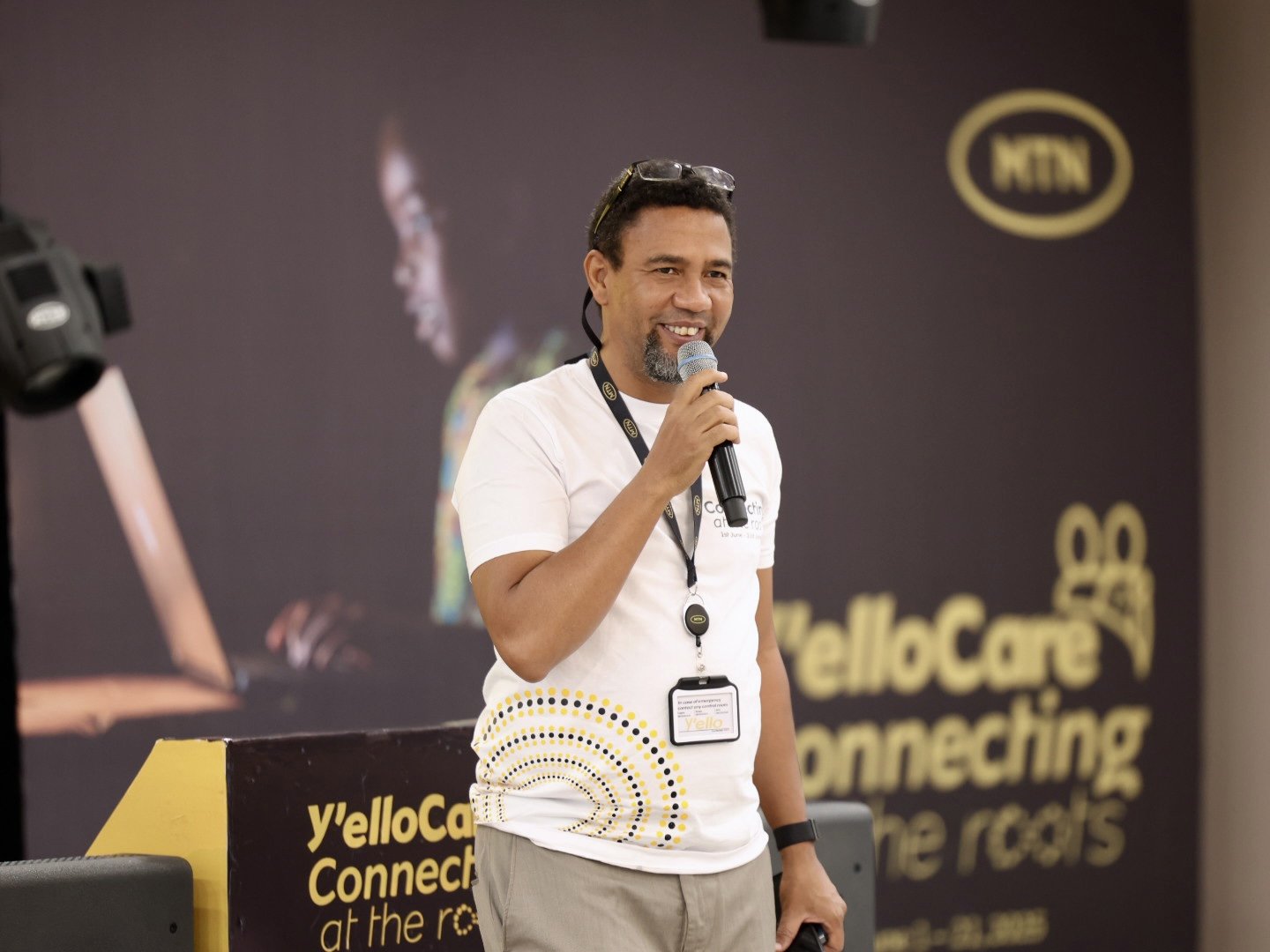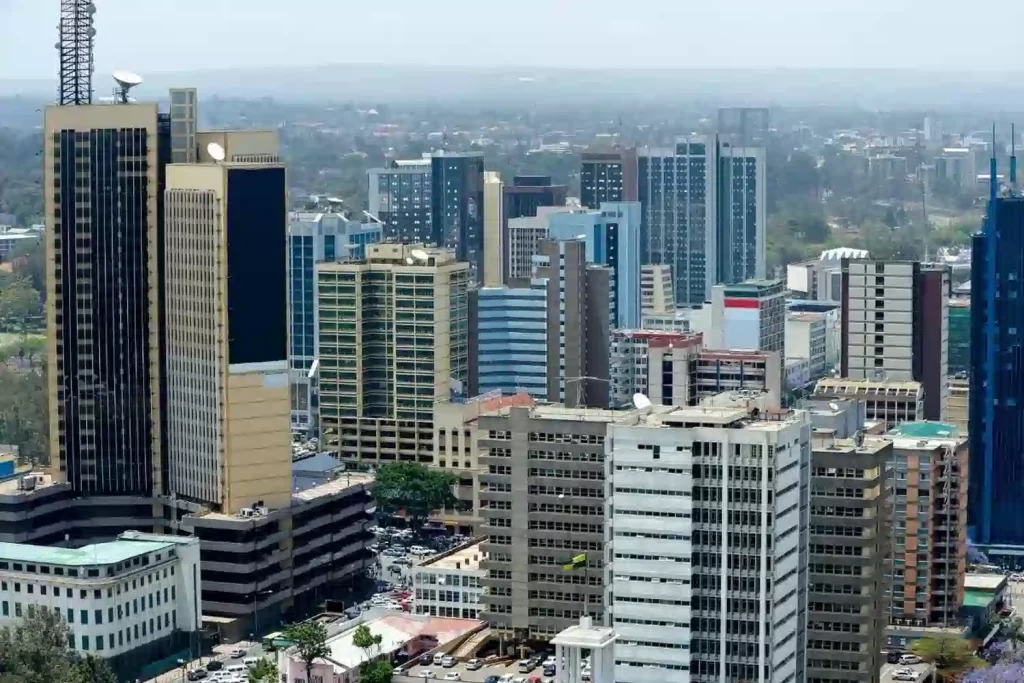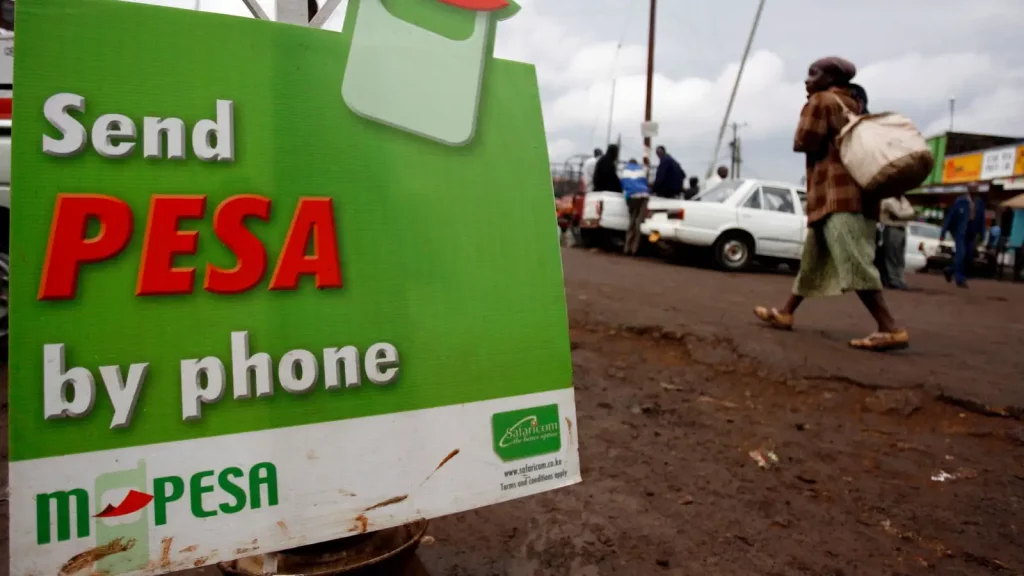On Friday, April 16, the TechCabal Live conversation had e-commerce in Africa as its focus. E-commerce is always an interesting topic but it is made doubly interesting by the Covid-19 pandemic. Lockdowns and social distancing have made shopping online more popular than before. In fact, during the lockdown, I bought groceries online for the first time ever.
I have always associated shopping online with big-ticket items so that was a welcome change. Away from my personal experience, there was perhaps no better person to have the e-commerce in Africa conversation with than Angela Nzioki.
Angela is the CEO of Sokowatch Kenya, a startup that enables informal retailers to order products at any time via SMS or mobile app and receive free same-day delivery to their store. Sokowatch is different from the typical e-commerce company because of its focus on informal retailers.
This distinction is important because Sub-Saharan Africa has the largest informal economy in the world so there’s clearly a business opportunity in bringing these retailers online. According to Daniel Yu, Sokowatch’s Group CEO, “focusing on small shops instead of the one million individual customers who buy from those shops represents the same combined business opportunity but at a fraction of the complexity.”
Yet, for how much talk there is about formalizing the informal sector, there’s not enough data on the sector which is in stark contrast to countries like China where Angela spent two weeks.
“I spent two weeks in China as part of Jack Ma’s inaugural e-founders program in China. We met a lot of young people at Universities who were running e-commerce companies and making revenue that none of us had ever made. They were doing this as projects in Universities at the time. For me, that was mind-boggling.”
Side note: The total value of orders across Alibaba’s shopping platforms on “Singles day,” one of China’s biggest shopping days, totaled $74.1 billion. For comparison, Nigeria’s revenue for 2020 was $10.3 billion.
That experience in China showed Angela how big e-commerce could grow on the African continent and it is one of the reasons she joined Sokowatch. While there is a future Angela is working towards, she says that at the moment, Africa is barely scratching the surface.
“The total retail space in Africa is about 1% in comparison to about 13-14% in the U.S. We’re moving way less than $24 billion in a month in Africa and on another continent, they’re moving this in a day. We’re still far behind, but there’s still a lot of opportunities here.”
One of the things to keep in mind is that in Africa, the informal store still solves the immediate need. If you run out of food or water or any household supply at night, you are more likely to buy from the store on your street than order online.
Informal retail and the stores that power them are still very important to a lot of Africans. Yet, lockdowns left many of these stores in dire straits and Sokowatch helped to keep a lot of them within an e-commerce ecosystem.
It is one of the reasons why the startup was named one of the most innovative startups by Fast Company. What Sokowatch does for retailers is help reduce their dependencies on wholesalers whenever they need to make purchases.
The company lets informal retailers stay in their shops by offering them same-day restock services at the same prices they pay in physical markets.
“The fragmented supply chain is still a very big problem and we want to make it a lot more seamless.”
“There’s still also a lot of financial illiteracy with some of the informal retailers. Some of them see credit facilities as a means to meet their day-to-day needs instead of a tool to invest in their business.”
It means that Sokowatch has to go beyond providing some financial services to their customers but educate them as well so they don’t get sucked into a rat race of constant borrowing. But Angela concedes that the process of formalizing an informal retail system is a marathon, not a sprint.
“There are a lot of players in the supply chain; there are a lot of partnerships involved and you need to do a lot of relationship building. It is a lot of work but it is manageable with the right people and resources.”




















